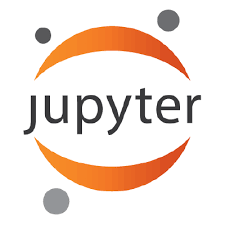As access to the internet has become increasingly ubiquitous, along with the reliability and speed of internet providers, so too has the implementation of internet-based learning tools. These tools provide students opportunities to do meaningful work away from university, however, often at a financial cost to universities and students. Moreover, limited and high-cost internet access in less-developed countries and remote areas acts as a barrier to implementing these tools in a meaningful way, leading to inequalities in both the quality of education and the opportunities provided. This paper outlines the development process, and benefits, of a low-cost and light-weight repository website centered around disseminating open-source textbooks and other supplemental learning materials for computational sciences using Jupyter Notebooks. The website focuses on allowing students to download their textbooks and other materials from a centralized location, to be used offline or with limited internet access. Internet access is not the only constraining factor; access to reasonably priced personal computers also limits the effectiveness of internet-based learning tools. As such, this paper will also explore the feasibility of integrating low-cost Raspberry Pi kits into this development process as a way of increasing the reach of an online repository of open-source Jupyter Notebook textbooks. While this paper focuses on Canadian universities and remote communities, many of the website's proposed applications are relevant worldwide.
翻译:暂无翻译




